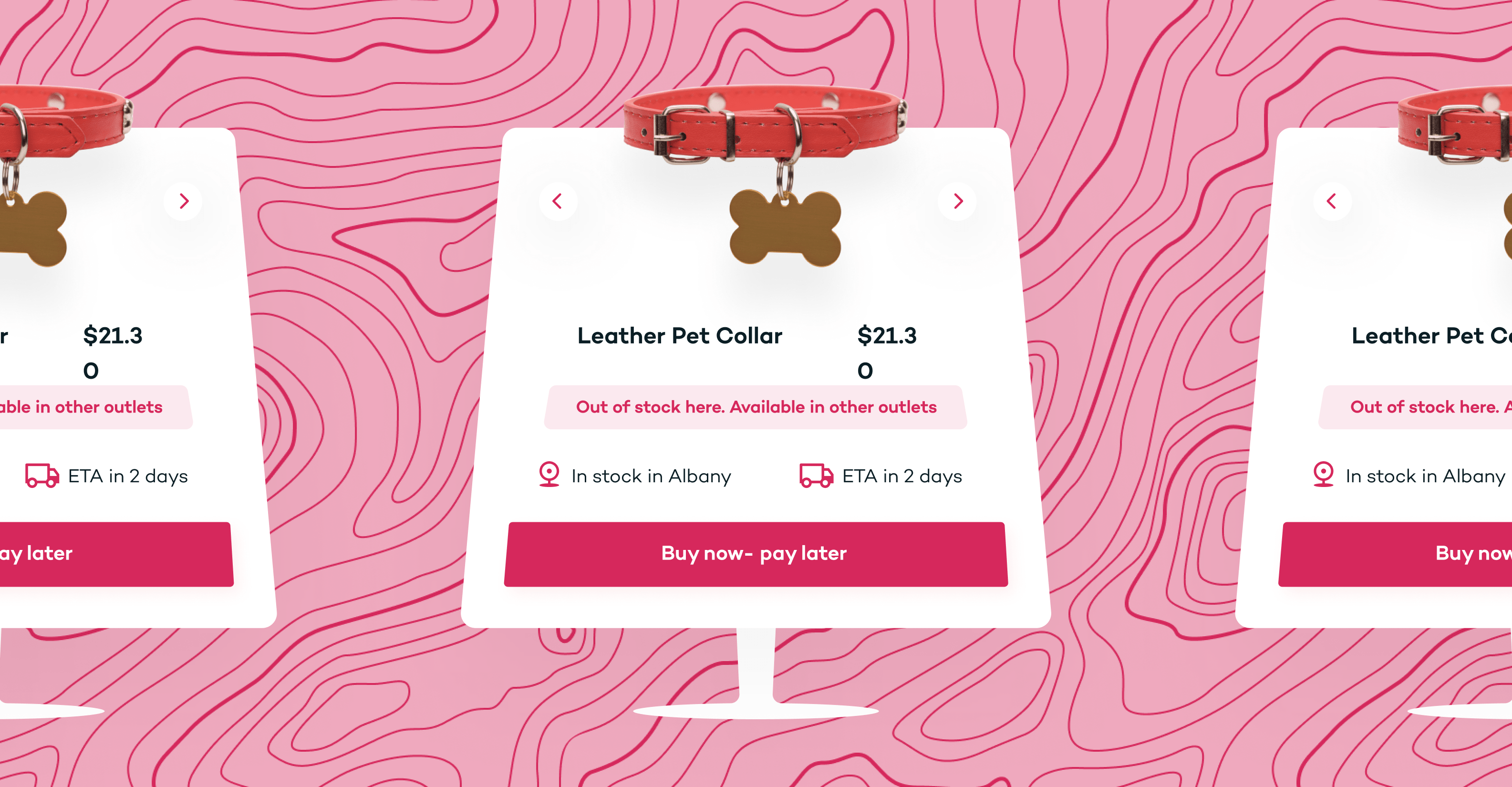Today’s consumers are unforgiving. To meet the expectations of the modern consumer, retail stores are required to offer the same convenience, flexibility and breadth and depth of product range as an online shopping experience.
Online stores are not limited by the square footage of their stores allowing them to digitally showcase an unlimited number of products, and to do so in a way that is easily navigable for their clients. Many of those clients, however, only visit the online store to research products that they plan to purchase in person. Because of this, there is a gap between expectations and delivery – shoppers expect the same inventory available online to be available in the store. When it is not, they go elsewhere. But it is not feasible to hold inventory for every possible product a customer might want. And even if feasible, it would be extremely high risk: the upfront investment would be enormous with no guaranteed sell-through in a reasonable timeframe.
How can you balance the needs of your customers in a practical and sustainable way?
Introducing endless aisles and special orders
You can’t physically hold unlimited stock – but your suppliers can. The idea of special orders is that you leverage your supplier’s ‘endless’ product range as well as available stock from your other stores, to offer a much wider range of stock than what you hold within your stores.This way you can meet and exceed customer expectations without any upfront risk.Here are some scenarios to explain how it works.
Scenario One
A customer walks into an outdoor adventure store looking to buy a tent. To be competitive, the retailer offers a vast catalogue of tents from all brands but can’t afford to stock everything instore. The customer wants to buy a tent that’s on display. A special order would allow the retailer to take a deposit, order the tent direct from the supplier (on behalf of the customer) and then arrange home delivery or in-store pickup once it arrives
Scenario Two
A customer visits a bike retailer’s online store and wants to buy a specific bike in a size or colour that’s outside the core range held in inventory. If the retailer goes the extra mile to give the customer a solution to this problem (special ordering the bike from the supplier) they’re highly likely to close the sale. If they don’t, they’re almost guaranteed to lose it.
So why aren’t all retailers doing this?
You probably already recognise this approach: furniture and bedding stores have been using showrooms to sell products, which are then sourced from suppliers, for decades. It’s a core component of their operating model. Tapping into special orders can help retailers in any category maximise their sales potential and deliver a better customer experience. The problem, however, is that historically special orders have posed a monumental administrative challenge.
That’s why so many retail categories do not consider special orders a realistic option. The time and effort spent placing purchase orders, tracking them in the supply chain and communicating with customers – combined with potential errors and delays from doing all this manually risks a poor customer experience and a diminished return. But that’s no longer the case. Or at least, it doesn’t have to be.
What does success look like?
It is possible for retailers to successfully introduce endless aisles and special orders with the right streamlined and automated system.
Processing the sale
The right system will enable your staff to:
- Create a POS sale for a product that is not in stock
- Flag Special Orders in the system
- Record key information like ‘expected delivery date’ and ‘delivery location’
- Automate minimum payment deposit rules and terms
- Process Special Orders and Cash and Carry in the same transaction
Post-purchase
Once the sale is complete the right system will automatically generate a purchase order (PO) to the supplier. When the PO is received the system auto creates the stock transfers back out to the stores. This gives retailers complete supply chain tracking: sales, POs, and transfers are linked together. Purchase orders will also be consolidated within the software system. This allows retailers to meet a supplier’s minimum order value and best pricing, as well as minimising freight costs.
Supply chain visibility
With all this in place, staff will be able to see all outstanding orders, including the customer’s and supplier’s expected dates.
This eliminates the need for staff to contact head office for updates on inbound special order stock, boosting productivity and optimising labour resources. They’ll also be better equipped to answer customer update enquiries on the spot. Knowing which orders were promised to customers and which need to go on the shelves, staff can streamline the ‘put away’ process.
Choosing the right system
The right POS software system will include special orders as an “out of the box” feature that can be easily configured to meet the specific needs of your business. You can focus on running your retail operation – not managing a complex IT project.
The right system will deliver the following benefits for your business:
- Maximise the revenue on your entire product portfolio without needing to hold stock
- Improve cashflow by taking deposits before paying suppliers
- Eliminate up to 75% of manual administration
- Deliver a better customer experience and product range
- Build loyal brand advocates
- Reduce inventory risk
Next steps
Special orders help modernise retail businesses, extending the digital experience – where most modern customer journeys begin – into the brick-and-mortar store environment.
At Retail Express we have helped our clients to leverage endless aisle and special orders at scale and with resounding results.
To find out how register for a free interactive screenshare today and let us walk you through it.

